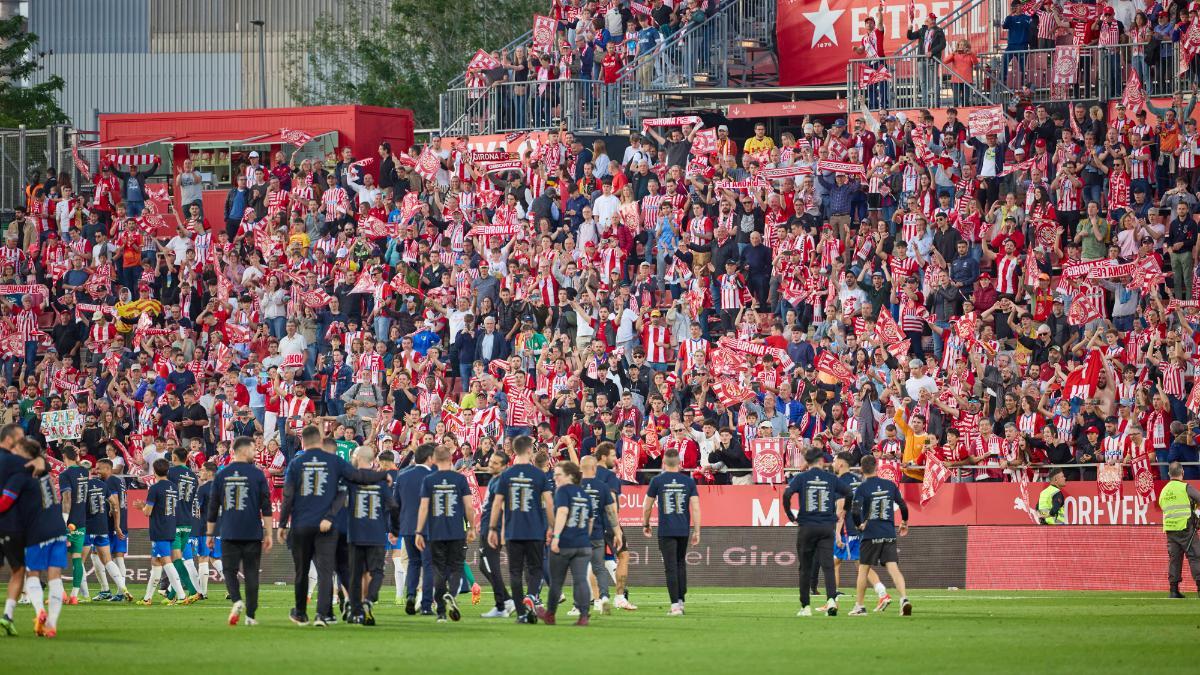
Elon Musk, the chief executive of Tesla, suffered a stunning rebuke Tuesday when a Delaware judge voided the pay package that helped make him a billionaire many times over and the world’s wealthiest human being.
In a decision that cast a harsh light on the behavior of Mr. Musk and Tesla’s board of directors, Chancellor Kathaleen St. J. McCormick of the Delaware Court of Chancery said the chief executive had effectively overseen his own compensation plan with the help of compliant board members.
“The process leading to the approval of Musk’s compensation plan was deeply flawed,” the judge said. She ordered that the contract that gave Mr. Musk “the largest potential compensation plan in the history of public markets” be voided, and told parties in the case to work out how Mr. Musk would return excess pay.
Some compensation experts said the decision would send a warning to other companies that awarded their top executives very large pay packages.
“It’s an incredibly important decision because it establishes that there is such a thing as excessive compensation,” said Sarah Anderson, global economy project director at the Institute for Policy Studies, a progressive research group.
When it devised the stock options package in 2018, Tesla’s board said Mr. Musk would be paid only if the company produced exceptional results and its stock price soared.
But a group of Tesla shareholders challenged the package, which ended up giving Mr. Musk the right to acquire about 304 million Tesla shares at a preset price of $23.34 a share if the company achieved certain revenue, profit and share price goals.
The package, which was split into 12 separate grants each tied to its own goal, is worth about $51.1 billion at Tesla’s closing share price on Tuesday. Mr. Musk achieved all 12 goals, but under terms of his package, he has to hold on to those shares for at least five years before selling them.
Greg Varallo, a lawyer who represented Tesla shareholders, said the shares would be canceled. That would substantially reduce Mr. Musk’s wealth and his stake in Tesla, which stands at about 13 percent after he sold shares to finance his acquisition of Twitter, the company he renamed X.
“The court’s hard work will redound directly to the benefit of Tesla investors, who will see the dilution from this gargantuan pay package erased,” Mr. Varallo, a partner at Bernstein Litowitz Berger & Grossmann, said in an email.
Tesla did not immediately respond to a request for comment.
“Never incorporate your company in the state of Delaware,” Mr. Musk said in a post on X.
The decision, which can be appealed to the Delaware Supreme Court, is likely to fuel critics of Tesla who say there are too few checks on Mr. Musk’s behavior. The company’s eight-seat board includes several close friends of Mr. Musk and his brother, Kimbal. Many board members owed much of their personal wealth to Mr. Musk, and he effectively dictated his own pay package, Chancellor McCormick said.
“In the final analysis,” she wrote, “Musk launched a self-driving process, recalibrating the speed and direction along the way as he saw fit. The process arrived at an unfair price.” The pay package was not necessary to retain Mr. Musk nor motivate him because he already owned Tesla shares worth tens of billions of dollars, Chancellor McCormick said.
Information given to shareholders before they voted to approve the package was “materially deficient,” she said.
The lawsuit, which led to a trial in November 2022, took on added significance after Mr. Musk’s acquisition of Twitter that October. He faced widespread criticism for spending time trying to overhaul Twitter while Tesla’s shares slumped and its growth slowed amid rising competition. One justification for Mr. Musk’s pay package at Tesla was that it was a way of keeping him focused on building cars.
The decision also raises questions about how Tesla’s board will deal with a demand by Mr. Musk this month for an even greater stake in the company. Mr. Musk said he needed to own 25 percent of Tesla to avoid takeovers and have enough control of the company as it develops robots and other artificial intelligence technology.
If his demands are not met, Mr. Musk said, he will pursue unspecified ventures outside Tesla. The company’s board, which is led by Robyn Denholm, has not responded publicly to his demand for a bigger stake in the company.
In his testimony during the trial, Mr. Musk suggested that his impact on the car industry justified his pay. “Tesla has had an immense effect on the world,” he said. “Not just that Tesla is making electric vehicles — we have been really the main reason why the rest of the car industry has moved toward sustainable, electric vehicles.”
When the package was announced, Tesla was still struggling to produce large numbers of cars, and few believed Mr. Musk would earn all the shares. Backers of the plan also noted that he got nothing if its performance hurdles were not surpassed. They said it would motivate him to make Tesla a leading automaker.
But Chancellor McCormick wrote that Mr. Musk already had a 22 percent stake in Tesla before the package, and that those shares would go up in value if the company did well.
“This ownership stake gave him every incentive to push Tesla to levels of transformative growth,” she said.
Executives at Compensia, the consulting firm that helped devise the package, did not respond to a request for comment.
The case was heard in Delaware because Tesla, like many companies, is incorporated there. After it became X, Twitter incorporated in Nevada last year. It was previously incorporated in Delaware.
“People have moved out of there because they don’t like the rulings of the judges,” said Carl Tobias, a law professor at the University of Richmond, referring to Delaware. “But most people consider it the gold standard.”





